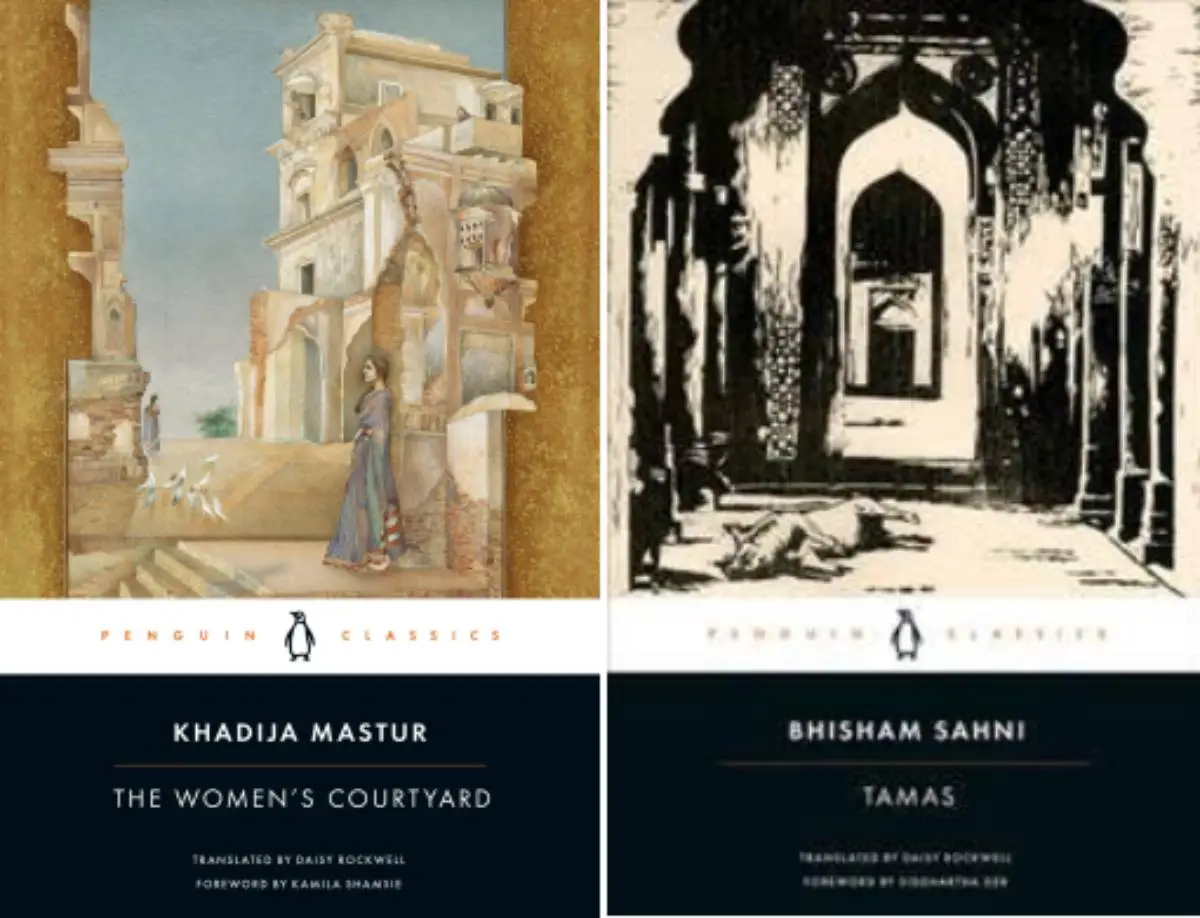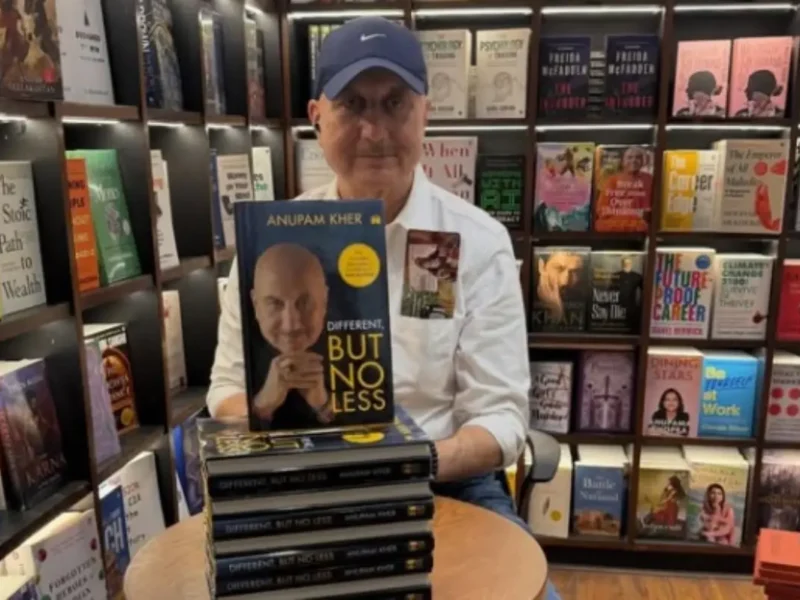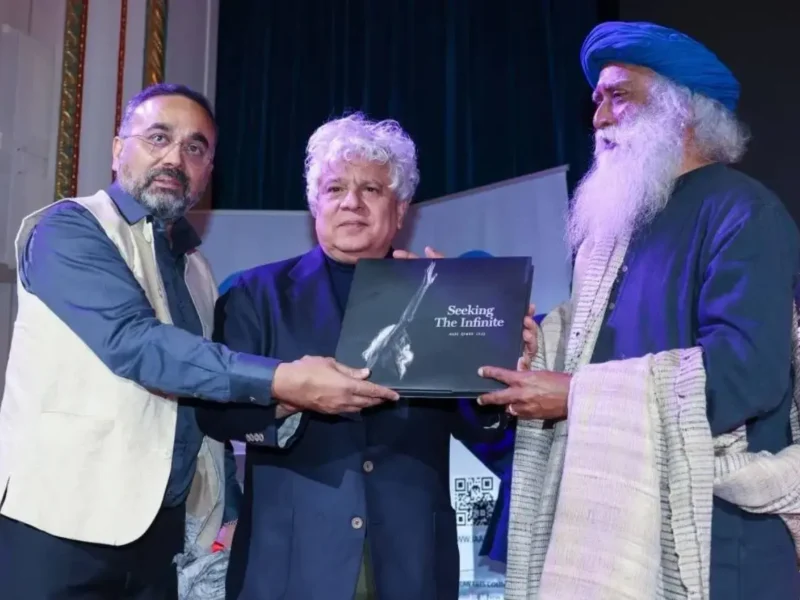Two Novels, One Partition: A Hindu And Muslim Perspective On The Dividing Line
India-West Staff Reporter
NEW YORK, NY – This summer, Penguin Classics will take us back to the turbulent beginnings of Partition with two powerful novels that offer intimate, fictional accounts of the period. Both Tamas by Bhisham Sahni and The Women’s Courtyard by Khadija Mastur, translated by Booker Prize-winning Daisy Rockwell, dive deep into the personal experiences of those who lived through the devastating separation of India and Pakistan. These stories are more than just historical accounts—they offer timeless reflections on the consequences of division and religious conflict.
Tamás, available July 15, 2025, is a gripping exploration of the sectarian violence that ravaged the subcontinent. Written by Bhisham Sahni, one of India’s most revered authors, the novel provides a multifaceted view of the chaos surrounding Partition.
The story unfolds through various voices—a tanner from an oppressed caste, members of the Indian Congress, a British District Magistrate, and his drunken wife, among others. This polyphonic approach captures the shifting loyalties and fractured relationships that came to define this dark chapter of history.
Originally published in 1973, Tamas immediately garnered critical acclaim for its raw and poignant portrayal of the devastation caused by religious intolerance.
The Women’s Courtyard, also releasing July 15, 2025, offers a unique perspective on Partition, one that is often overlooked. Set during the same period, the novel centers on the lives of women caught in the chaos of Independence.
Written by Khadija Mastur, a prominent figure in Urdu literature, it is a feminist classic that shifts the narrative from the political and national struggles of men to the quiet, often invisible suffering of women. Through the eyes of Aliya, a Muslim girl, the novel reveals how the personal upheavals of a family intertwine with the larger national struggle. In the confines of her strict Muslim household, Aliya and the other women are secluded, experiencing their own battles of life and death, while the men wage politics, face imprisonment, and endure violence in the unseen world outside.
With religious tensions escalating in South Asia and beyond, Tamas and The Women’s Courtyard serve as chilling reminders of how unchecked conflict can deepen divisions. These novels not only bring us back to a pivotal moment in history but also echo the struggles of today, urging us to reflect on the destructive power of division.
Bhisham Sahni (1915–2003), a towering figure in Hindi literature, wrote over a hundred short stories and plays, with his novel Tamas winning the Sahitya Akademi Award in 1975. A freedom fighter during the Quit India Movement, he was honored with the Padma Bhushan in 1998.
Daisy Rockwell is a translator, writer, and artist who has won prestigious awards including the 2022 International Booker Prize for Tomb of Sand. She is also a 2023 Vani Foundation Distinguished Translator Award recipient.
Siddhartha Deb, a writer and journalist who lives in NY, has earned multiple awards, including the 2024 Anthony Veasna So Fiction Prize, and has contributed to renowned publications like The New York Times and The Guardian. His latest novel is The Light at the End of the World.





RN Srivastava
/
Excellent books, among several others on this subject.
March 29, 2025The partition of India was a colossal mistake. Its adverse effects can never be corrected or forgotten.